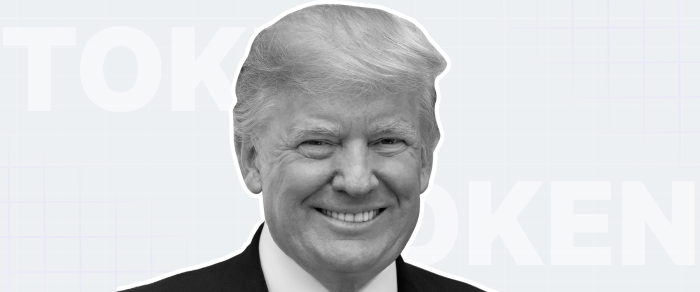Japan’s Cabinet Opens Doors for Japanese VC Firms to Hold Crypto Assets
Great news from the Japan cabinet, which has given the green light to a bill that allows Japanese VC firms to hold crypto assets. This significant move will definitely bolster investment prospects and strengthen the digital economy.
The decision, announced by the Ministry of Economy, Trade and Industry, marks a fundamental step towards modernising the country’s investment landscape and fostering modernisation in developing sectors like Web3 startups.
This progress follows Japan’s proactive approach to regulating the crypto sector, particularly in the part of stablecoins, and its commitment to supporting Web3 technologies while prioritising user protection.
As early as September 2023, plans were underway to relax regulations for Japanese VC firms looking to invest in crypto startups. Now, with the cabinet’s approval, the proposed bill will advance to the parliament, known as the Diet, for further deliberation.
The amendment to the Industrial Competitiveness Enhancement Act aims to promote the growth of new companies and stimulate contribution to industries crucial to Japan’s economic vitality.
By enabling Japanese venture capital firms to engage with crypto assets, the government seeks to provide intensified support to medium-sized enterprises and startups, recognising them as pivotal drivers of Japan’s economic engine.
Prime Minister Fumio Kishida’s administration has announced plans to revitalise Japan’s economy, with a specific emphasis on nurturing Web3 companies. This term refers to the decentralised evolution of the internet, powered by blockchain technology.
While Japan has been perceived as having stringent regulations in the digital asset space, efforts have been underway to streamline rules, particularly in areas like token listings and taxation.
The proposed bill reflects a strategic move to broaden Japan’s investment landscape, allowing for greater exposure to digital assets.
This shift holds significant implications, especially for Web3 startups, which often rely on VC funding to fuel their growth. Investments in such startups typically involve provisions that allocate tokens to backers, with cryptocurrencies serving as a mechanism for early exits, providing an alternative to traditional routes like stock market listings.
The decision to enable Japanese VC firms to hold crypto assets underscores Japan’s commitment to staying abreast of global venture capital trends and fostering an environment conducive to technological innovation. By approving cryptocurrencies as legitimate assets for investment, Japan aims to position itself at the forefront of the digital economy, capitalising on the transformative potential of blockchain and decentralised technologies.
As the bill progresses through parliament, stakeholders in Japan’s investment landscape eagerly await further happenings, expecting the potential influx of VC funding into Web3 startups and the broader implications for the nation’s economic trajectory.
With this landmark decision, Japan moves towards a future where crypto assets play an increasingly integral role in shaping its investment landscape and fostering innovation-led growth. This decision is paramount for the best venture capital firms, like HAX, Samurai Incubate and much more.
In conclusion, Japan’s cabinet approval of the bill signifies a weighty milestone in the country’s movement towards adopting crypto assets and fostering a conducive environment for venture capital investment, particularly in the expanding Web3 space.



